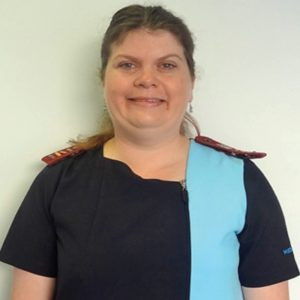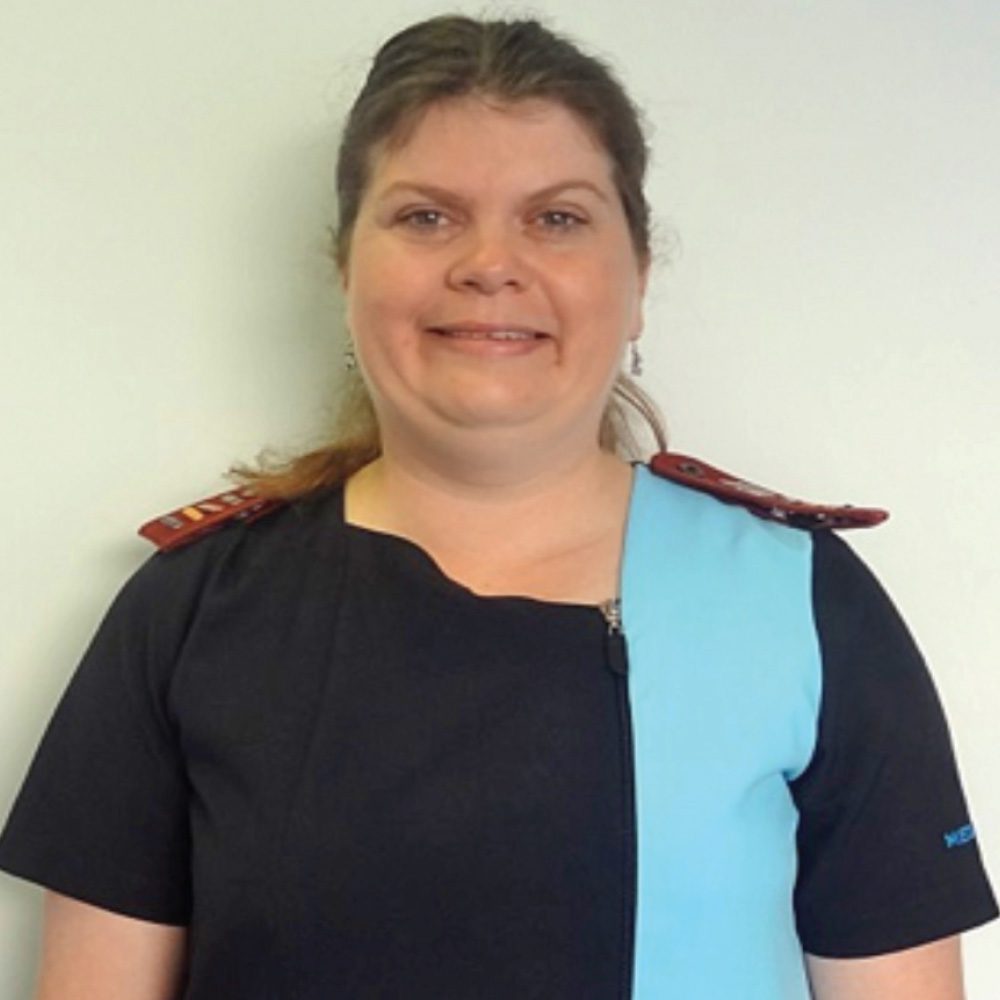A personal reflection on a Covid-19 experience
As a clinical practitioner, the main impact of the COVID-19 pandemic was the realization of how devastating this pandemic was going to be and how the elderly under our direct care were more vulnerable than ever.
As a Dementia care specialist and a person being passionate about quality of life, I started to wonder how to incorporate this potential negative impact on our residents, and transform it into a positive.
The impact of just what we were about to face, began in the middle of a meeting when a Medical practitioner announced statistical data about the scarcity of ventilators and cut off ages for the elderly in the government sector.
Working in a unit where Dementia and Alzheimer’s end up in Palliation eventually, we are geared and structured for Quality of Life regimes and have a full-time Occupational Therapist to help ensure just that.
Looking at the unit where I work, I began to think about how best to plan for the inevitable and protect my group. Likewise, work with the Multidisciplinary team began, designing and structuring our COVID-19 unit for the estate, to safeguard the residents better.
My thoughts were such a mix.
• Determining care preferences for residents that are at high risk of dying from COVID-19.
•Supporting a peaceful passing within our Nazareth Care campus, for those who are going to be facing a suffocating death.
• Preparing mentally and physically for increased Palliation, the passing process, and families that are going to be needing support and guidance through the grief process.
• Ensuring that our elderly, who are extremely loved and do not have access to ventilator care, are kept as reasonably comfortable as possible.
Moving from a clinical environment where I used to run operating theatres and saving lives was our focus, to a situation where we now support the elderly and provide Quality of life and comfort care was a huge change for me.
Simultaneously, I began to love and fell in love with the vulnerable in our care. I’ve made it my mission and passion to give them the best, no matter the circumstance. I am ensuring the quality of life and that those residents living with Alzheimer’s and dementia are always understood.
The other issue I discovered in preparing the COVID-19 unit was when I phoned mortuary services to get protocols in place. It was sad to hear how under pressure the mortuaries were. They were so busy preparing themselves for the pandemic, and the shear increase in deaths.
More thoughts crossed my mind of what was coming.
• Watching families, who have not been able to see their loved ones for long periods due to the lockdown, go through the passing process was going to be so much more difficult.
• Watching residents go through the dying process alone.
• Ensuring that the residents are not treated like numbers at the funeral homes, but with dignity and respect.
With all this in mind, I knew families with loved ones in our care, staff, and my RNs were searching leadership on the way forward. It became imperative for me to focus more and more on the emphasis on quality of life in Palliation care and in the isolation process.
Areas of focal attention became:
• Technology-based as opposed to people based.
• Teaching our dementia residents, who operate in real-time to develop skills and watch a computer screen for communication. Teaching them to understand that their loved ones are ‘in a box’.
• Teaching our residents to understand what a mask is and why staff have different masks, and all our faces suddenly look different.
• Running an intensely complex clinical unit with no multidisciplinary team anymore, working through WhatsApp’s and photographs and telehealth technology versus clinical rounds.
• Teaching dementia residents how to hold and speak on a mobile phone.
• Leading Palliation in a unit without being able to touch the resident or spend longer than 15 minutes in a room.
• Learning how to make minimal time count the most.
• Learning how to make touch contact count while maintaining social distancing.
• Easing pain and the air hunger stimulus through morphine, Duragesic, and Fentanyl patches – knowing that once the patch is on, there is no turning back and teaching staff how to deal with this.
• Leading family through emergency visits, not being able to touch their loved ones but seeing the happiness on their faces, just being able to say goodbye – even if this is touching dad or mom’s hand through a pane of glass.
• Walking passed empty rooms and realizing that yes, there have been losses, but the residents have left our care and are now healed and have no more pain Zoning.
• Learning how to get residents outside into the sunshine with the zoning.
• Learning to do activities through social distancing, wearing masks, and those who are hard of hearing struggle to hear through masks and visors.
Even though times are hard due to this pandemic, there are always ways and means to make life for our residents as good as can be. We must get creative and not lose focus. There is no such thing as giving up; we just need to work harder for our residents.

Melody Ziervogel
Regional Support: Quality of Life and Dementia Care for Nazareth Care Africa









